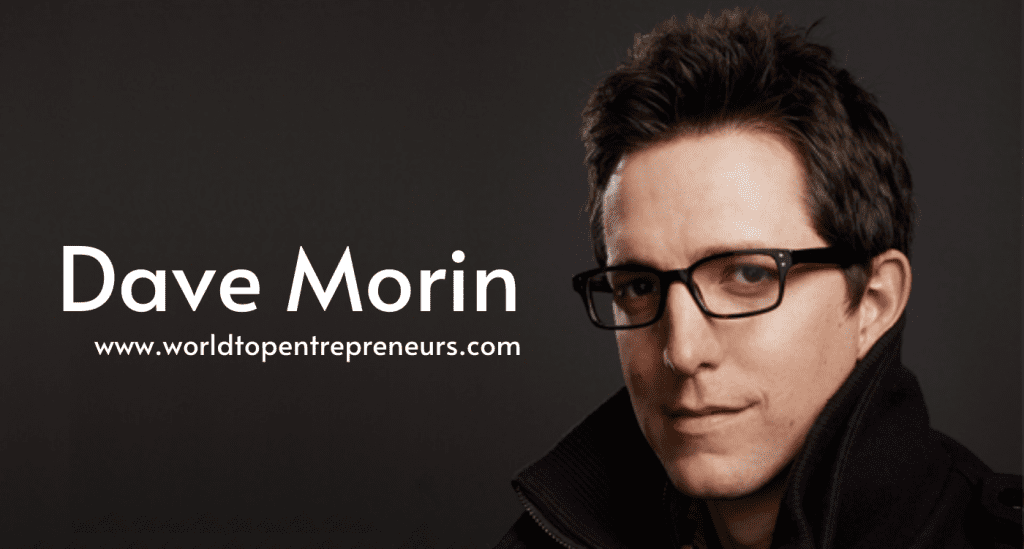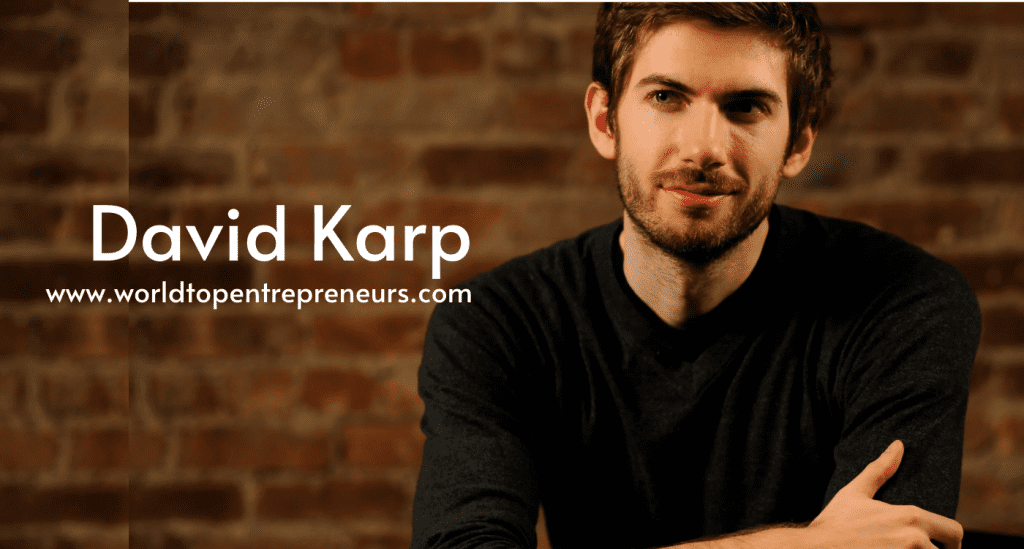Introduction
In the sprawling digital landscape of the 21st century, a few names stand out as beacons of innovation and influence. Among them, Matt Mullenweg shines brightly. As the co-founder of WordPress and the CEO of Automattic, Mullenweg has played a pivotal role in shaping the way we interact with the internet. His story is one of passion, vision, and a relentless drive to democratize publishing and empower individuals through technology. This article delves into the life and achievements of Matt Mullenweg, exploring his journey, the rise of WordPress, and the broader impact of Automattic on the digital world.
Early Life and Influences
Born on January 11, 1984, in Houston, Texas, Matthew Charles Mullenweg exhibited an early affinity for technology and the arts. His father, Chuck Mullenweg, was a computer engineer, which exposed Matt to the world of computing from a young age. This early exposure played a significant role in shaping his future interests and career path.
Mullenweg’s interest in music, particularly jazz saxophone, also influenced his creative thinking and problem-solving skills. He attended the High School for the Performing and Visual Arts in Houston, where he honed his musical talents while simultaneously nurturing a growing interest in coding and web development. This blend of creativity and technical skill would later become a hallmark of his professional endeavors.
The Birth of WordPress
In 2002, Mullenweg enrolled at the University of Houston, where he studied Political Science. However, his academic pursuits took a backseat when he discovered b2/cafelog, an open-source blogging software that had been abandoned by its developers. Recognizing the potential of the platform, Mullenweg, along with fellow developer Mike Little, decided to create a fork of b2/cafelog, which they named WordPress. The first version of WordPress was released in May 2003.
WordPress was designed with a vision to simplify online publishing and make it accessible to everyone. Its open-source nature meant that anyone could use, modify, and contribute to the software, fostering a vibrant community of developers and users. This community-driven approach became one of the core strengths of WordPress, propelling its growth and adoption.
The Rise of WordPress
WordPress quickly gained popularity due to its user-friendly interface, flexibility, and robust features. By 2005, it had become one of the most popular blogging platforms on the web. Mullenweg’s commitment to open source and his emphasis on user experience were crucial factors in this success.
To support the growing WordPress ecosystem, Mullenweg founded Automattic in 2005. The company was named after a play on his first name, and it aimed to provide commercial services and products related to WordPress. Automattic’s flagship product, WordPress.com, offered a hosted version of WordPress, making it even easier for users to start their own blogs and websites without worrying about technical details like hosting and maintenance.
Automattic: Beyond WordPress.com
Under Mullenweg’s leadership, Automattic expanded its portfolio beyond WordPress.com. The company developed and acquired several products and services that complemented the WordPress ecosystem, including WooCommerce (an e-commerce platform), Jetpack (a suite of tools for website management and security), and Akismet (a spam-filtering service). These additions enhanced the functionality and versatility of WordPress, making it a comprehensive solution for a wide range of online needs.
Automattic’s success also hinged on its unique corporate culture. Mullenweg championed a distributed work model, allowing employees to work from anywhere in the world. This approach not only attracted top talent but also demonstrated the potential of remote work long before it became a widespread practice. The company’s open and inclusive culture, coupled with its focus on innovation, has been instrumental in driving its growth and success.
The Philosophy of Open Source
At the heart of Mullenweg’s vision for WordPress and Automattic is a deep commitment to the principles of open source. He believes that software should be freely accessible and modifiable, enabling collaboration and innovation on a global scale. This philosophy has been a guiding force throughout his career, influencing not only the development of WordPress but also the way Automattic operates as a company.
Mullenweg has often spoken about the importance of open source in democratizing technology and empowering individuals. By providing tools that are free and open, he has helped to level the playing field, allowing people from all backgrounds and skill levels to create and share content online. This commitment to openness and inclusivity has earned Mullenweg widespread respect and admiration within the tech community.
Challenges and Triumphs
Like any entrepreneurial journey, Mullenweg’s path has been fraught with challenges. One of the early hurdles was convincing users and developers to embrace WordPress over other established platforms. This required not only building a superior product but also fostering a sense of community and trust. Mullenweg’s transparent and approachable leadership style played a key role in overcoming this challenge.
Another significant challenge was managing the rapid growth of WordPress and Automattic. Scaling the infrastructure to support millions of users while maintaining the platform’s reliability and performance required significant investment and technical expertise. Mullenweg’s ability to attract top talent and foster a collaborative work environment was crucial in navigating this period of rapid expansion.
Despite these challenges, Mullenweg and Automattic have achieved remarkable success. Today, WordPress powers over 40% of all websites on the internet, a testament to its widespread adoption and enduring popularity. Automattic, with its diverse portfolio of products and services, continues to thrive, driving innovation and setting new standards in the industry.
The Future of WordPress and Automattic
As the digital landscape continues to evolve, Mullenweg remains committed to advancing the capabilities of WordPress and expanding Automattic’s reach. One of the key areas of focus is the ongoing development of the Gutenberg editor, a block-based editing interface that aims to provide a more intuitive and flexible content creation experience. By leveraging modern web technologies, Gutenberg represents a significant leap forward for WordPress, enhancing its usability and appeal to a broader audience.
Mullenweg is also keenly aware of the growing importance of mobile and social platforms. Automattic has made significant investments in mobile app development and social integration, ensuring that WordPress remains relevant and accessible in an increasingly mobile-centric world. Additionally, the company is exploring new opportunities in the realms of e-commerce, artificial intelligence, and decentralized technologies, positioning itself at the forefront of digital innovation.
Matt Mullenweg’s Personal Legacy
Beyond his professional achievements, Mullenweg is known for his humility, generosity, and dedication to philanthropy. He has used his success to support various charitable causes, including education, open-source initiatives, and disaster relief efforts. His philanthropic endeavors reflect his belief in using technology and resources to make a positive impact on the world.
Mullenweg is also a vocal advocate for mental health and well-being, recognizing the importance of balance and self-care in a high-stress industry. He has spoken openly about his own experiences and challenges, encouraging others to prioritize their mental health and seek support when needed. This candidness and empathy have endeared him to many, further solidifying his reputation as a compassionate and inspiring leader.
Conclusion
Matt Mullenweg’s journey from a young tech enthusiast in Houston to the visionary leader of Automattic is a remarkable tale of passion, perseverance, and innovation. Through his work with WordPress and Automattic, he has transformed the way we create and share content online, democratizing access to digital publishing and empowering millions of individuals and businesses around the world.
Mullenweg’s commitment to open source, his emphasis on community and collaboration, and his forward-thinking approach to technology have set new standards in the industry. As he continues to drive the evolution of WordPress and explore new frontiers, there is no doubt that Matt Mullenweg will remain a pivotal figure in the digital landscape, inspiring future generations of innovators and creators.
In an era where technology often feels impersonal and detached, Mullenweg’s story serves as a reminder of the power of human ingenuity and the impact that one individual can have on the world. His legacy is not just in the code he has written or the companies he has built, but in the lives he has touched and the communities he has inspired. For that, Matt Mullenweg stands as a true pioneer, a testament to what can be achieved when passion and purpose come together in the pursuit of a better world.





















